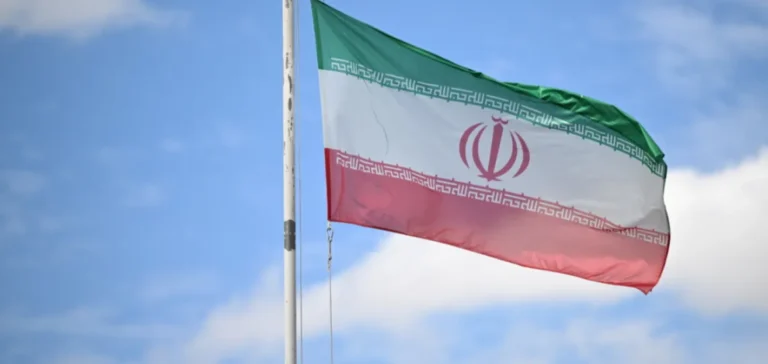The 2015 Vienna agreement on Iran’s nuclear programme, officially known as the Joint Comprehensive Plan of Action (JCPOA), expired on October 18 after ten years of partial implementation. The agreement, signed by France, the United Kingdom, Germany, the United States, Russia and China, was ratified by a United Nations Security Council resolution. It aimed to strictly regulate Iran’s nuclear capacities in exchange for a gradual easing of the economic sanctions that had severely impacted its foreign trade and investment environment.
A legal framework now obsolete
Iran announced on Saturday that it no longer considered itself bound by the restrictions imposed by the agreement, stating that “all provisions” were now “terminated”. The declaration follows the reactivation of sanctions on September 28 by the United Nations Security Council. This move was requested by the European group known as the E3 — France, the United Kingdom and Germany — which accused Iran of failing to uphold its commitments. Specifically, Iran’s enriched uranium stockpile was reported to be “more than 40 times” higher than the JCPOA’s established limit.
Implications for Iran’s nuclear capabilities
The deal had already begun to unravel in 2018 after the United States, under the Trump administration, withdrew unilaterally. In response, Iran gradually ceased to comply with its obligations, reactivating centrifuges and increasing its levels of uranium enrichment. A twelve-day war in June, during which Iranian nuclear facilities were targeted by Israeli and American airstrikes, further worsened the regional security context.
Uncertain diplomatic prospects
The E3 countries recently expressed their intention to revive negotiations toward a “comprehensive, durable and verifiable” new agreement. This proposal was promptly rejected by Iranian Foreign Minister Abbas Araghchi, who stated that “there have never been true comprehensive negotiations”. Despite a peace offer made by Donald Trump this week, Tehran continues to question the credibility of Western initiatives given recent military escalations.
Impact on markets and geopolitical risks
The formal termination of the JCPOA increases uncertainty surrounding Iran’s nuclear capacity and the extent of international oversight. The absence of cooperation with the International Atomic Energy Agency (IAEA) restricts access to accurate information on developments at nuclear sites across the country. The current diplomatic vacuum, combined with a lack of de-escalation mechanisms, raises the likelihood of future tensions in the region, particularly for energy sector operators.






















